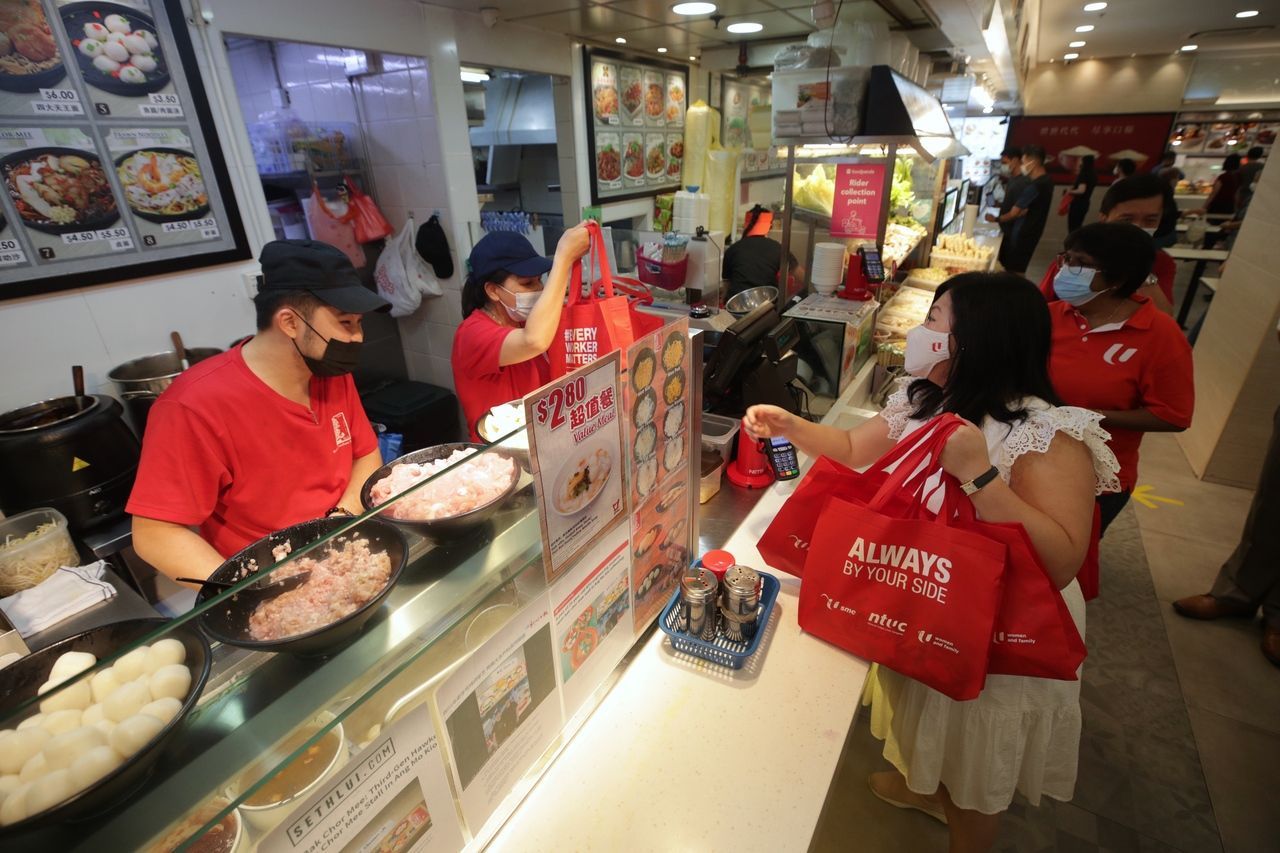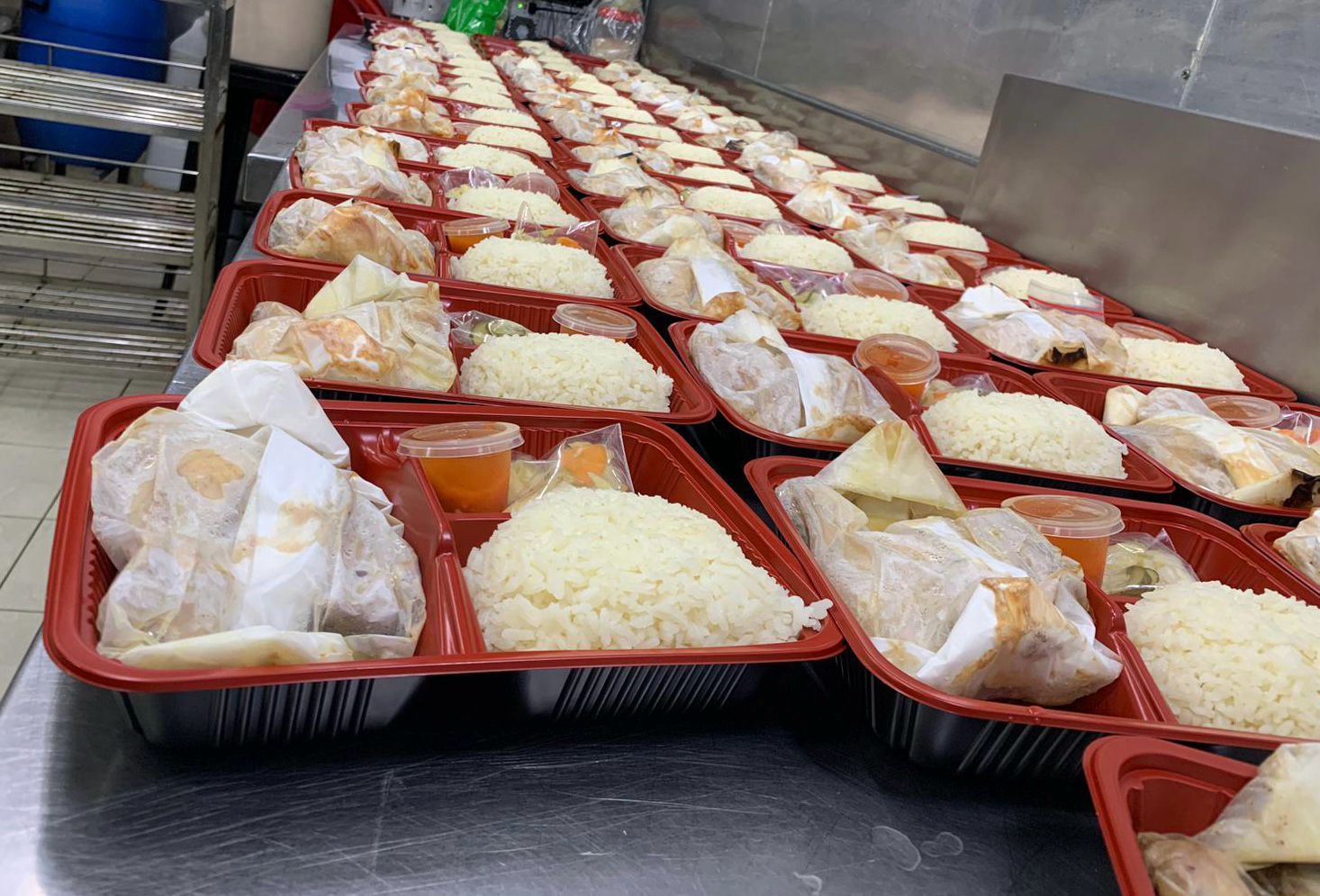Top 10 Tech Trends Transforming Singapore’s F&B Industry
The food and beverage (F&B) industry in Singapore is constantly evolving, and technology plays a significant role in driving this transformation. To remain competitive, F&B businesses must adopt emerging technologies that streamline operations, improve customer experience, and enhance profitability. Here are the top tech trends reshaping the F&B industry in Singapore:
1. AI-Powered Operations
Artificial Intelligence (AI) is making its way into F&B operations, enabling businesses to enhance efficiency and offer personalized experiences. AI-driven tools can analyze customer behavior, predict preferences, and provide targeted recommendations for dishes or promotions. By automating customer data analysis, restaurants and cafes can develop personalized marketing strategies, improve menu offerings, and reduce operational errors.
2. Automation in the Kitchen
Automation is revolutionizing kitchen processes, helping restaurants cope with labor shortages and rising wages. Automated kitchen equipment, such as robotic chefs or smart cooking appliances, can handle repetitive tasks, ensuring consistent food quality and faster service. Automation also helps reduce human error and cuts down preparation time, allowing kitchens to serve more customers in less time.
3. POS Systems with Advanced Integrations
Modern POS systems are no longer just cash registers; they are comprehensive platforms that integrate with various tools to enhance business operations. POS systems now come equipped with features like real-time inventory management, customer data tracking, and detailed sales analytics. F&B businesses can use these systems to monitor sales trends, track customer preferences, and manage their staff schedules efficiently.
4. QR Ordering
QR ordering is becoming a game-changer for many F&B establishments, particularly in Singapore’s fast-paced dining environment. Instead of waiting for a server, customers can scan a QR code on their table, browse the menu on their smartphones, and place their orders directly. This reduces wait times, improves table turnover, and lessens the burden on staff, making the entire dining experience more efficient for both customers and the restaurant.
5. Self-Ordering Kiosks
Self-ordering kiosks are another automation trend gaining popularity in F&B businesses, particularly in fast-casual and takeaway food environments. These kiosks allow customers to place their orders and make payments without interacting with staff. This reduces errors in order-taking, improves the speed of service, and offers a more streamlined customer experience. For businesses, self-ordering kiosks can help increase order accuracy and reduce staffing costs.
6. Online Ordering Systems
With the growing demand for takeaways and home delivery, online ordering systems are becoming essential for F&B businesses. Offering online ordering capabilities through websites or apps helps restaurants reach a wider audience, streamline the ordering process, and generate more revenue. Customers can browse the menu, customize their orders, and make payments with ease. Integrating online ordering with the POS system allows businesses to manage both in-house and online orders from a central hub.
7. Customer Relationship Management (CRM) Systems
In today’s competitive F&B market, keeping customers loyal is key to long-term success. CRM systems help businesses manage customer relationships by tracking orders, preferences, and interactions. With a CRM in place, restaurants can offer personalized promotions, loyalty rewards, and birthday vouchers, all aimed at enhancing the customer experience and encouraging repeat visits. When integrated with a POS system, CRM software provides real-time insights into customer behavior, enabling F&B operators to adjust their marketing strategies on the fly.
8. Mobile-Friendly Solutions
With more consumers using their smartphones for everything from ordering food to making reservations, having mobile-friendly tech solutions is a must. POS systems, online ordering platforms, and CRM tools are all increasingly optimized for mobile use. This gives restaurant managers and staff real-time access to critical data, even when they’re away from the venue, while customers enjoy a seamless, mobile-optimized ordering and payment experience.
Conclusion
The adoption of these tech trends in Singapore's F&B industry is helping businesses stay competitive by improving efficiency, enhancing customer experiences, and driving profitability. AI, automation, POS systems, QR ordering, self-ordering kiosks, and CRM systems are just some of the emerging technologies that are transforming the way F&B businesses operate. By embracing these innovations, F&B businesses can streamline operations, reduce costs, and cater to the evolving demands of today’s tech-savvy consumers.
F&B owners in Singapore should stay ahead of the curve by continuously exploring how these technologies can be integrated into their daily operations, ensuring long-term growth and success in an ever-changing market.
If you are looking for F&B solutions like a POS system, self ordering kiosk, QR ordering & CRM membership solutions, click here to send us an enquiry!
Interested in a CRM Based POS System, QR ordering or a standalone CRM membership system?
Send an Enquiry!
You might also like



